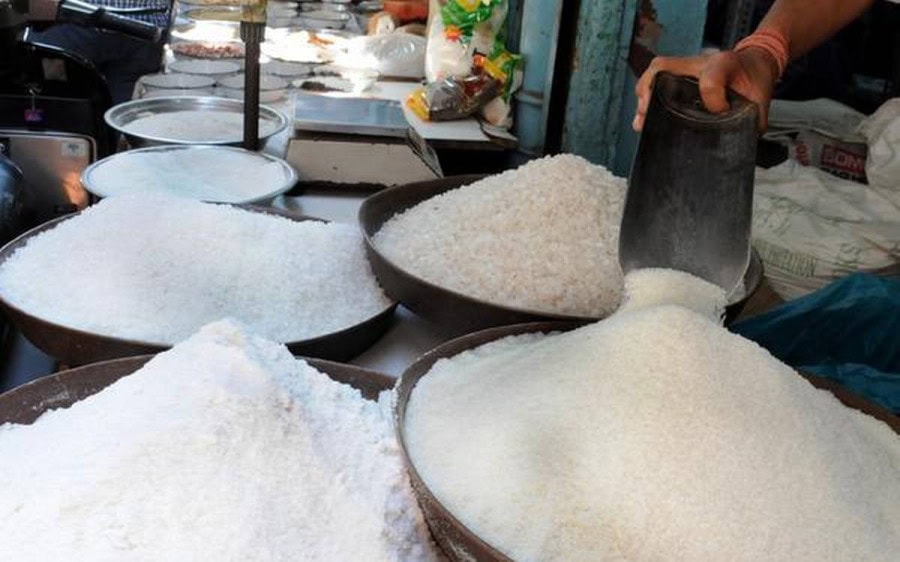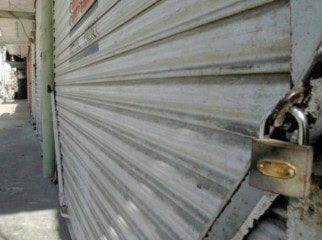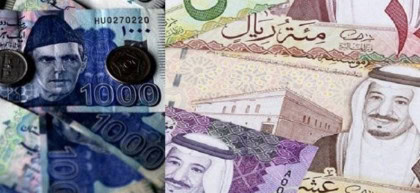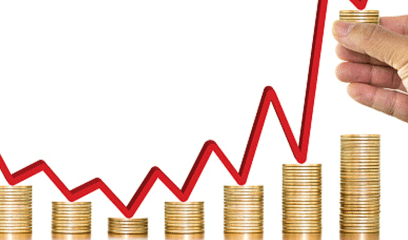ISLAMABAD – Authorities in the federal capital and Khyber Pakhtunkhwa (KP) have officially revised and enforced new sugar rates in order to curb profiteering and overpricing.
In Islamabad, Deputy Commissioner Irfan Nawaz Memon has fixed the retail price of sugar at Rs172 per kilogram, while the ex-mill rate has been set at Rs165 per kilogram.
Strict legal action will be taken against retailers who violate these price regulations. All Assistant Commissioners have been instructed to ensure compliance, and citizens are urged to report any overcharging by shopkeepers.
Memon stated that a crackdown will be launched against those charging more than the official price list. He advised consumers to pay only according to the listed rates and report violators to local authorities.
Meanwhile, in Khyber Pakhtunkhwa, the provincial Food Department has issued a directive mandating the sale of sugar at the ex-mill rate of Rs165 per kilogram. According to the department’s notification, sugar prices will increase by Rs2 each month, reaching a maximum of Rs171 per kilogram by October 15.
The gradual price adjustment aims to stabilize the market while ensuring affordability and transparency for consumers.
Earlier this month, the federal cabinet approved the import of 500,000 tonnes of sugar in a bid to stabilise rising prices in the local market and prevent a potential shortage.
The Ministry of National Food Security said that the sugar would be imported through government channels, and all necessary arrangements have been finalised to begin immediate implementation.
In a statement, the ministry explained that the import decision was taken to maintain price stability and ensure adequate supply. Officials noted that this import mechanism is part of a new and improved strategy, different from past practices where artificial shortages were often created and heavily reliant on subsidies.
The ministry further clarified that sugar exports were allowed at a time when domestic stocks were sufficient. However, due to the current upward trend in prices, the government has been compelled to shift policy and initiate imports.



















